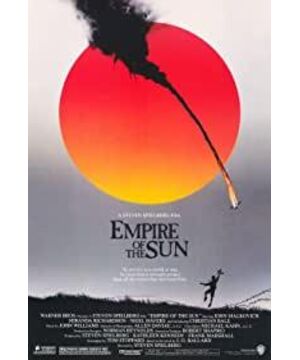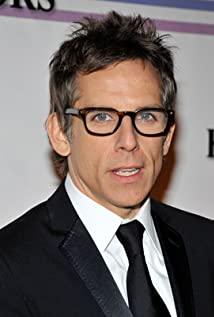Sometimes, I would imagine that if I was taken into a concentration camp, would I have the courage to go to the guards in a tactful way to beg for mercy in order to save others? Or, if you were a kamikaze, would you be as calm as the Japanese pilot in the film? Or China's Dasao Death Squad, as individuals, do we have the courage to do so? Let's all ask ourselves. In my memory, the German army had an ace pilot who shot down countless enemy planes, but after being captured, the British army sought him for autographs. The corpse of the German army who crossed the Alps in the Brotherhood also won the respect of the opponent, because even the opponent thought he was a real warrior; there is also an impressive character, the Japanese general played by Ken Watanabe in the family letter of Iwo Jima, He himself did not agree to go to war with the U.S. military. He was even a classmate and friend with the commander of the U.S. military before, but as a soldier, he had to obey orders, but he used his actions to prove his personality and professional ability. It was very good, and while it brought great difficulties to the enemy, he didn't think that he would save half his life. To be honest, for these characters, I admire them.
It should be said that although the location described in this film is China, the main characters are still Westerners and Japanese, and their psychological state during the war. Especially Jamie and several officers and soldiers of the Japanese army (guardian officers and soldiers, a few Japanese pilots and Japanese little boys). In fact, the good and evil of human nature are not divided by national boundaries, and the portrayal of Bessie Frank and several other Americans in the film is very negative. On the contrary, the friendship between Jamie and the Japanese boy is pure and without any purpose. They have common hobbies, and because they are young, they are full of kindness to each other; there is also the Japanese pilot's mockery of Jamie's kindness, in the kamikaze team. As they leave, Jamie salutes and sings to them (Jamie knows they've gone, sentimental, beyond words, that his favorite fighters and their pilots are doomed to ashes). These contrasts in the film are not accidental. It is impossible to say that the American as the director deliberately vilifies the American, right?
Education is so cruel that so many patriots in China lack the space for independent thinking. The director can't just say that he made this movie to appreciate Japan or to demean China. His intention is human nature, what he thinks as a person, and then reflects these things in the little boy's words and deeds and his eyes inside. As an art form that mainly relies on the subjective creation of directors, it is of course impossible to win everyone's approval and praise, but if it is criticized arbitrarily with narrow patriotism, it is really a naive way of opposing it.
View more about Empire of the Sun reviews










